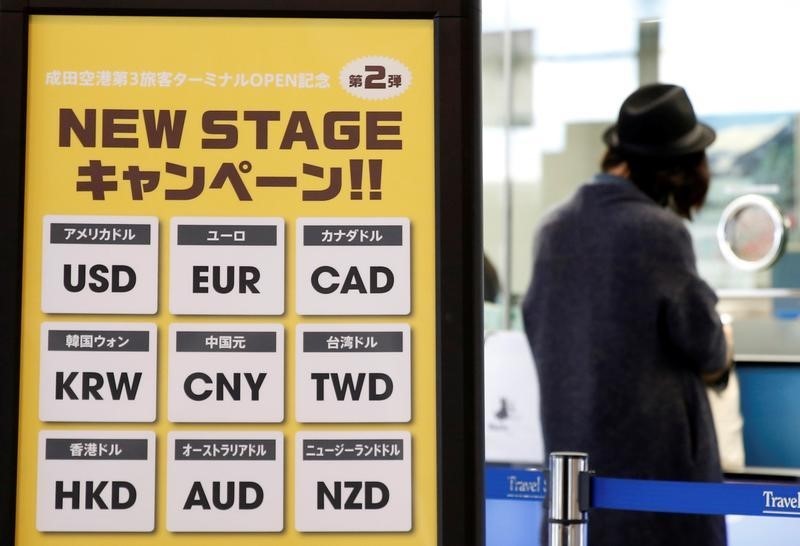BRICS Nations Defy Trump’s Tariff Threat, Vow to Continue Developing Alternative Settlement System
MOSCOW – The BRICS nations – Brazil, Russia, India, China, and South Africa – have reaffirmed their commitment to developing an alternative settlement system, undeterred by US President-elect Donald Trump’s threat to impose 100% import duties on countries that challenge the US dollar’s dominance. Russian Deputy Foreign Minister Alexander Pankin confirmed this resolve, emphasizing that the ongoing work on the payment system will proceed despite Trump’s protectionist rhetoric. This move signifies the bloc’s growing determination to reduce reliance on the US dollar and foster greater financial independence.
Trump’s warning, issued last week, demanded that BRICS members refrain from creating a new currency or supporting any alternative that could potentially displace the US dollar as the global reserve currency. He threatened to retaliate with crippling tariffs if these nations proceeded with such plans, signaling a potential trade war. However, the BRICS nations appear unfazed by this threat, viewing the development of their own settlement system as crucial for enhancing trade within the bloc and reducing vulnerability to external economic pressures.
Pankin clarified that the BRICS initiative focuses on establishing a more efficient settlement system, rather than creating a new currency to rival the US dollar. This system aims to streamline cross-border transactions among member nations, potentially reducing transaction costs and facilitating trade. By creating a mechanism that bypasses the US dollar in intra-BRICS trade, the group seeks to strengthen economic ties and shield themselves from potential fluctuations in the dollar’s value. This move reflects a broader trend among emerging economies to diversify their currency holdings and reduce dependence on the US dollar.
The development of this alternative settlement system aligns with the BRICS nations’ long-term goal of reforming the global financial architecture. They have consistently advocated for a more multipolar system that reflects the growing economic clout of emerging markets. This aspiration is further fueled by concerns about the perceived instability of the US dollar and the potential for its weaponization in international disputes. The BRICS nations view their collaborative efforts as a step towards achieving a more balanced and representative global financial order.
The BRICS initiative represents a significant challenge to the US dollar’s hegemony. While the US dollar remains the dominant currency for international trade and reserves, the emergence of alternative systems could gradually erode its supremacy. The success of the BRICS settlement system could inspire other countries to explore similar arrangements, potentially accelerating the shift towards a multipolar currency landscape. This development carries profound implications for the global economy and the balance of power in international finance.
The escalating tensions between the US and the BRICS nations over currency dominance underscore the growing rivalry between established and emerging economic powers. As the BRICS nations continue to assert their economic influence on the world stage, they are increasingly willing to challenge the existing global financial order. The development of their alternative settlement system marks a critical juncture in this ongoing struggle for economic autonomy and influence. The outcome of this contest will significantly shape the future of the global financial system and the dynamics of international trade. The world is watching closely as these developments unfold, recognizing the potential for significant shifts in the global economic landscape.






